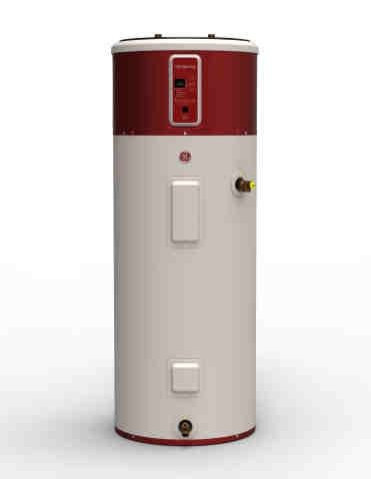Heat Pump Water Heater Installation Reduces Power Bill

Power consumption can be economised by choosing heating and ventilating devices for the home that conserve energy. Currently, more households are using heat pump water heaters (HPWH) instead of the conventional electric water heater as it is proven to be energy-efficient. In a field study conducted by the Department of Department of Energy's Pacific Northwest National Laboratory (PNNL), researchers observed how installing heat pump water heaters with proper ducting decreases energy use further.
According to the PNNL, the use of heat pump water heaters reduces energy consumption by 63 percent. This alternative offers great savings, but there are those who doubt its efficiency. They think that it may only do so during the warm months. Indoor temperatures go down as the heat pump channels heat from the air into water. Thus, this increases usage of heating systems during the cold months. As a result, the energy saved from using the heat pump is consumed just the same. Nevertheless, the recent PNNL tests demonstrated how energy can be conserved by connecting the heat pump water heater to an exterior ducting appropriately. In fact, HPWHs are unlikely to affect a household's heating and air conditioning systems. Moreover, they are less costly to utilise compared to electric resistance water heaters.
To assess the actual amount of total energy consumption, the lead researcher, Sarah Widder, and associates set up heat pump water heaters in the PNNL Test Homes, which were specifically built and furnished for tests related to energy-efficient technologies. The experiment was done in 2013 during summertime and throughout the winter. HPWH without ducting was installed in the first house. The second house had the same water heater, but this time, ducting was attached so the appliance could draw the air outside and exhaust used air as well. Special equipment measured the information needed such as temperature, humidity and energy consumption. An automated system was placed to operate electrical devices and to mimic actual occupancy.
Based on the results, the research shows that ducting a heat pump water heater lessened residential power consumption by 4.2 percent. However, the channels should have both the vents for air absorption and for exhaust to work efficiently. Also, the use of HPWHs in the two lab homes had limited cooling effect on the indoor temperature. Despite these findings, the team intends to do more field studies to gauge the energy efficiency of these water heaters more comprehensively. Testing the use of ducted HPWHs on different types of households, location, and climate would create a better basis for evaluation and conclusions.




















